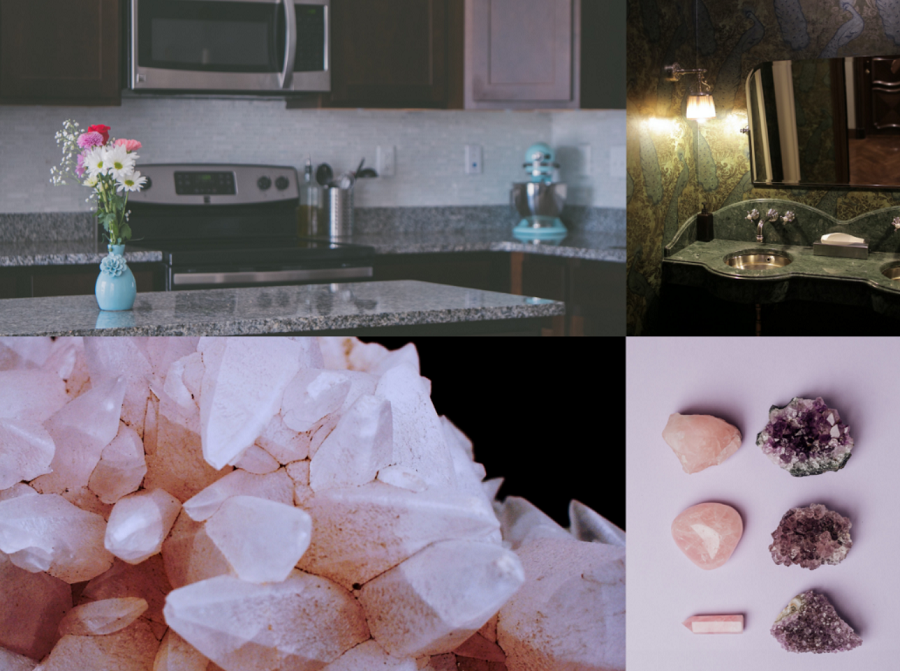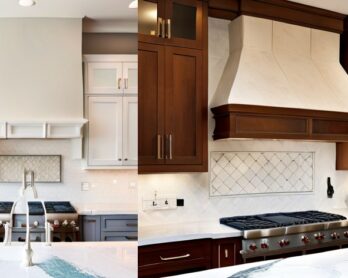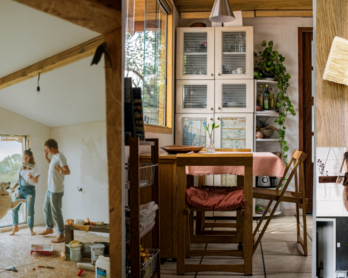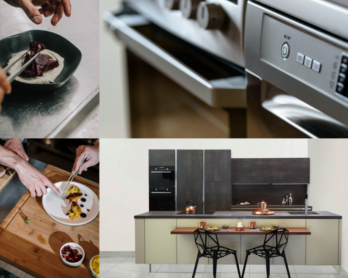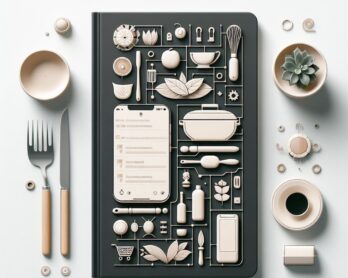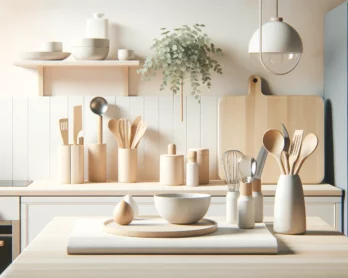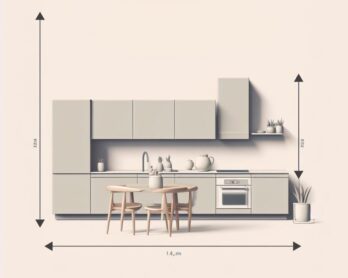Molded Quartz Surfaces Provide the Safest Butcher Block Countertops
While many homeowners prefer granite butcher block countertops, due to their beauty and durability. Quartz countertops are gaining in popularity due to other benefits they provide. Quartz surfaces are non-porous, as well as being highly chip-resistant and eliminating the need for sealants. In addition, these are uniform in appearance, regardless of the size of the surface covered.
Creation of Quartz Countertops
Made from a combination of crushed quartz crystals and resin are quartz countertops. After the quartz has been pulverized, it combines with resin, and any other required materials, such as pigments. The resulting mix places in a mold the exact size and shape of butcher block countertops, which prevents any need for cutting or sealing.
Forming Granite Countertops
They cut Granite surfaces cut from a large piece of rock. The individual slices of granite must be pieced together to form a countertop, which can result in slight color mismatching between pieces. In addition, the pieces must be joined together and covered with a sealant, which must be renewed every few years.
The durability of a Quartz Countertop
A quartz butcher block countertop is extremely durable and chip-resistant. The composition of the countertop makes it very hard, yet improves flexibility, which reduces breakage. In addition, the non-porous nature of molded quartz surfaces reduces potential staining, which maintains the appearance of quartz butcher block countertops for many years. Molded quartz countertops are vulnerable to strong chemicals, such as those used to unclog sink drains.
Properties of a Granite Countertop
A granite countertop, made of rock, has a tendency to chip. In addition, due to the fact that it is a large, thin, and flat piece of stone, a break during installation could be catastrophic. Granite sealants make the surface more resistant to staining, but granite surfaces are much more likely to stain than a quartz countertop.
Germ-resistance of Quartz Countertops
The non-porous nature of molded quartz butcher block countertops makes them extremely bacteria and germ-resistant. Food preparation on a quartz countertop is sanitary, and safe due to these properties. In addition, a molded countertop is resistant to mold and mildew, which also improves the safety of a quartz butcher block countertop.
Granite Countertop Safety
Granite is a relatively non-porous material. The sealant, which is suitable for a food-preparation surface, is not permanent and must be re-applied every few years.
| Image sources |
|---|

